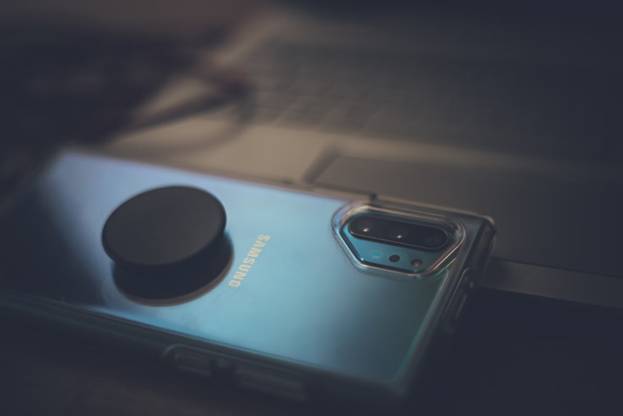Cell Phones and electronic devices contain harmful toxic metals that could pose threats to both humans and the environment, so taking the time to recycle old phones and electronics in or around Hamilton is vital.
Battery Recycling
Cell phone recycling involves disassembling and reusing components of your phone such as its battery, circuit board and headphone jack for reuse in other products. Many cellular carriers offer buy-back or trade-in programs for cellphone recycling Hamilton while others provide convenient drop-off locations for many products. Large electronics and office supply stores often offer recycling options too.
Thrown-away cell phone batteries can release harmful chemicals into the environment and pollute soil and water supplies as well as cause fires. Batteries contain toxic metals such as cadmium, lead, and mercury which pose risks both to wildlife as well as people.
Battery recycling is essential to protecting our environment by reducing hazardous waste levels in landfills and other environments, saving energy that would otherwise be required to produce new batteries from raw materials while protecting workers who deal with toxic materials.
LCD Screen Recycling
Smartphones and other handheld electronics have quickly become obsolete and outdated, leading to an explosion in e-waste production. Luckily, many of these items can be recycled instead of being dumped.
Cell Phones contain valuable elements that can be extracted from their components, including copper, silver, and gold which are highly prized by manufacturers – so recovering these precious resources through recycling phones is both economically and ecologically responsible.
In the US, almost all electronics stores must offer collection programs for their products, while others run a second-hand store where phone owners can bring old handsets for refurbishment. Initiatives like these help reduce landfill e-waste but can be hard to come across.
Electronic waste (which you can read about here) can be harmful both to the environment and human health, with heavy metals like lead, nickel, mercury, and chromium commonly found in most electronic devices containing heavy metals like lead. If disposed of improperly, toxic substances can escape into landfills and pollute groundwater and streams – leading to cancerous tumors among other harmful effects – polluting groundwater supplies and damaging wildlife populations.
SIM Card Recycling
Many people rely on mobile phones to stay in contact with family and friends. As these devices progress and new models come out, older phones may end up gathering dust in drawers or being dumped into landfills, despite containing valuable materials that should be recycled instead of going straight into an e-waste landfill.
Cell Phones contain dangerous toxic substances such as lead, mercury, and cadmium that are hazardous to both the environment and humans if disposed of improperly. Some of these toxins – like lead – may even leach into soil and water when dumped in landfills.
The Environmental Protection Agency offers a list of recycling options, from big-box retailers to local programs in cities and states across the nation. Additionally, manufacturers often offer trade-in or recycling programs; though sometimes only accepting their own products. As lithium reserves dwindle, recycling these specific parts will become a more and more valuable of commodity.
Data Destruction
As cell phone technology rapidly progresses at a snail’s pace, new models are constantly hitting the market. Unfortunately, given its short lifespan and rapid expansion, many old phones end up in landfills where they may contain hazardous materials like lead and lithium that pose risks to both people and wildlife.
Once disassembled and burned, discarded devices can cause even greater harm when dismantled and burned; their toxic emissions pollute the environment while poisoning waste site workers, children, and nearby residents. Furthermore, toxic metals present on circuit boards could seep into groundwater systems contaminating it further and polluting supplies of potable water.
There are various options to help curb this growing problem, from cell phone carriers offering buy-back programs or trade-in options for their customers to the Electronics Take-Back Coalition listing manufacturer take-back programs for monitors, computers, keyboards, mice, printers, DVD/VHS players/cameras, etc.
Some organizations recycle old smartphones to give to local law enforcement and victims’ services agencies for use in making emergency 911 calls. Both organizations ensure any sensitive data is securely erased before giving back the devices; however, to protect yourself further you should always delete any personal information using widely available and trusted software solutions.


